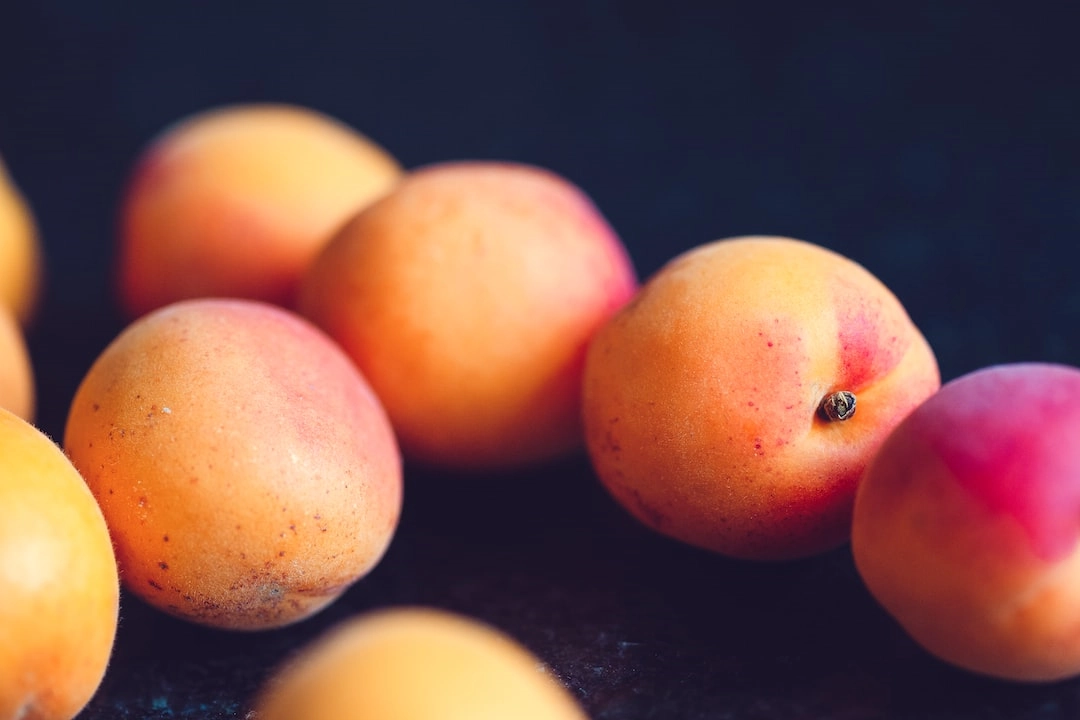
What is Greening Equitable Chocolatiering?
Greening equitable chocolatiering is an approach to chocolate production that focuses on incorporating sustainable practices and promoting social and economic equity in the industry. It goes beyond simply using organic ingredients and extends to the entire supply chain, including sourcing, production, packaging, and distribution.
Sustainable practices in chocolatiering aim to minimize environmental impacts and optimize resource efficiency. This involves reducing greenhouse gas emissions, implementing fair trade principles, supporting biodiversity conservation, and promoting ethical sourcing.
Additionally, greening equitable chocolatiering recognizes and respects the rights and contributions of indigenous communities who play a significant role in the production of cacao. It seeks to empower these communities and ensure that their traditional knowledge and cultural heritage are valued and preserved.
Real-World Problems Associated with Greening Equitable Chocolatiering
1. Unsustainable Farming Practices:
A major challenge in the chocolate industry is the prevalence of unsustainable farming practices. Conventional cacao production often involves the heavy use of pesticides, deforestation for expanding plantations, and exploitative labor practices. These practices have significant environmental and social consequences, including habitat destruction, soil degradation, and human rights violations.
2. Climate Change Impacts:
The impacts of climate change, such as rising temperatures, changing rainfall patterns, and more frequent extreme weather events, pose a significant threat to cacao production. These effects directly affect the quality and yield of cacao beans, leading to reduced productivity and increased vulnerability for farmers.
3. Economic Inequity:
The chocolate industry is historically characterized by economic inequity, with a majority of profits concentrated in the hands of large corporations. This often leads to a lack of fair wages and working conditions for farmers, exacerbating poverty and inequality in cacao-producing regions.
4. Exploitation of Indigenous Communities:
Indigenous communities have long been marginalized in the chocolate industry, despite their invaluable contributions to cacao cultivation. Many indigenous farmers face challenges such as limited access to markets, lack of representation, and exploitation by intermediaries. Their traditional knowledge and cultural practices are often overlooked or undervalued.

Solutions for Greening Equitable Chocolatiering
1. Sustainable Farming Practices:
Implementing agroforestry systems, organic farming methods, and integrated pest management techniques can help reduce the environmental impact of cacao production. Supporting certifications like Rainforest Alliance or Fairtrade ensures farmers receive fair wages and follow sustainable practices.
2. Climate Change Adaptation:
Farmers can employ climate-smart agricultural practices, such as reforestation, implementing irrigation systems, and using shade trees, to mitigate the impacts of climate change on cacao crops. Investing in research and development of climate-resistant cacao varieties also offers long-term solutions.
3. Promoting Economic Equity:
Fair trade agreements and direct trade relationships with farmers can enhance economic equity. Chocolate companies can establish long-term partnerships, pay fair prices for cacao beans, and provide access to training and resources for farmers to improve their productivity and income.
4. Empowering Indigenous Communities:
Recognizing the rights and contributions of indigenous communities involves providing them with access to markets, ensuring fair prices for their specialty or heirloom cacao varieties, respecting their cultural practices and traditional knowledge, and actively involving them in decision-making processes.















